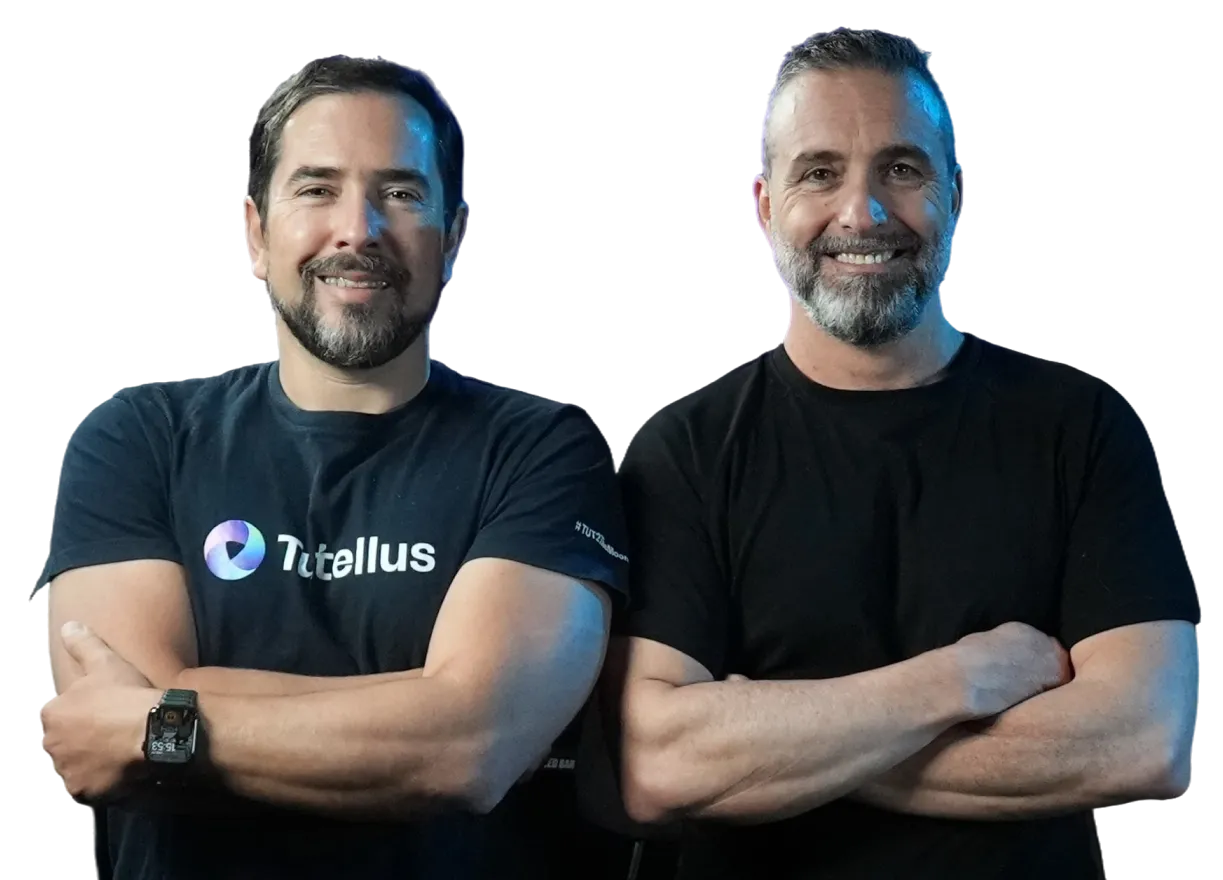This post was published in Nov 2017 in Medium.
Everyone knows Amazon, eBay, Etsy, Uber or Airbnb: huge companies based on marketplaces models, where they match supply and demand and add value through services based on liquidity, proximity, discounts or whatever the fuck they want.
No one can discuss their power, and this twit resumes it perfectly:

1. The actual Internet is broken.
The original idea of Internet is broken. Unless you are disconnected from Matrix and live in the Open Source community, think about that: you don’t access to the public and free Internet: 95% of your time visit Facebook, Amazon, Google, and so on. You see the information and relations these companies want you to see. It’s a titanic effort to compete versus them. From a startup point of view the ecommerce war is lost against Amazon & Alibaba. The social platform war is lost against Facebook. Let’s say clear: they control our world. They decide what you see.
Do you remember this advertisement? it’s about Apple against the establishment (represented by IBM) in 1984. Everything seemed to be lost until Apple appeared. IBM controlled the PC industry and people didn’t notice that a new world was possible. And decentralized / distributed companies represent in 2017 the same fresh air as Apple did in 1984.
2. How a centralized company works: concentrating value and power.

As you notice, a centralized model controls and sets up the rules: they can decide upgrade prices, change conditions or promote concrete services, products or users. In resume, they can change your world vision even without noticing it.
In Education, a centralized and collaborative platform (like Udemy, for example) can decide to charge whatever they want: they own a market with more than 30 million users all over the world and 40.000 online courses.
For example, they can decide to pay less (or more) to teachers, to pay them before (or after) or to share (or not) your personal data with others: a simple update in terms of use is enough for that. They control the service layer, so they have huge power over your education.
“Letting a company to control the service layer equals to give them an absolute power over you, despite you don’t feel so.”
3. A distributed company spread richness in the community.

A decentralized or distributed application think in a different way: we think we could be more valuable if the cake is bigger for everyone, not only for us.
We don’t manage the framework. Power is in the community, and we ALL are the ecosystem: users, teachers, company, etc. Service layer is distributed for everyone, there’s no control over it.

In a typical EdTech APP, the company controls the service layer through an API model. In a dAPP, services are spread between users and connected directly to them. The API runs in a different way, using smart contracts to execute decisions and blockchain as the system to record everything. Transactions are executed in a much more efficient way, minimizing costs (through Gas efforts) and letting distribute the margins between the community.
4. How the value distribution works.
In Tutellus we’ll be able to distribute each USD we get from a company / user between:
- The student who learned about that micro-skill.
- The affiliate who registered this user through.
- The teachers involved in his learning process.
- Other users who participated also in his learning experience.
- And finally, Tutellus as a platform where everything happens.
This value distribution allows us to increase margins and benefits to all players, because of the cost reduction of blockchain activities vs the traditional ones: fewer costs equals more margin distribution.
“So the new game is about creating value for the Ecosystem, not the stakeholders. An both of them are directly related; Tokens are the new equity.”
But don´t confuse tokens with cryptocurrency: a token is something much more powerful, it can use not only as a “money exchanger” but also -and most important- as an asset being able to speak with other assets, through smart contracts, and create value together. Cryptotokens are the next evolution to cryptocurrencies.
4. Forget classical financial models: value is around the token.

A company of this new world will value depending on how the token creates value in the community. Tokens are the new Equity.
The more the token can interact, listen and work with users, the more value will generate. The more the token can speak with other tokens, the more functional will be and, again, the more value will create.
I’m really excited with this new market vision. After 20 years of building companies and 4 years growing Tutellus, blockchain and decentralization represent the biggest killer APPs since the birth of the Internet. We’re living a very special moment to be able to change things into a better world.
So let’s change it!
Descubre más artículos en el Criptoblog sobre...




